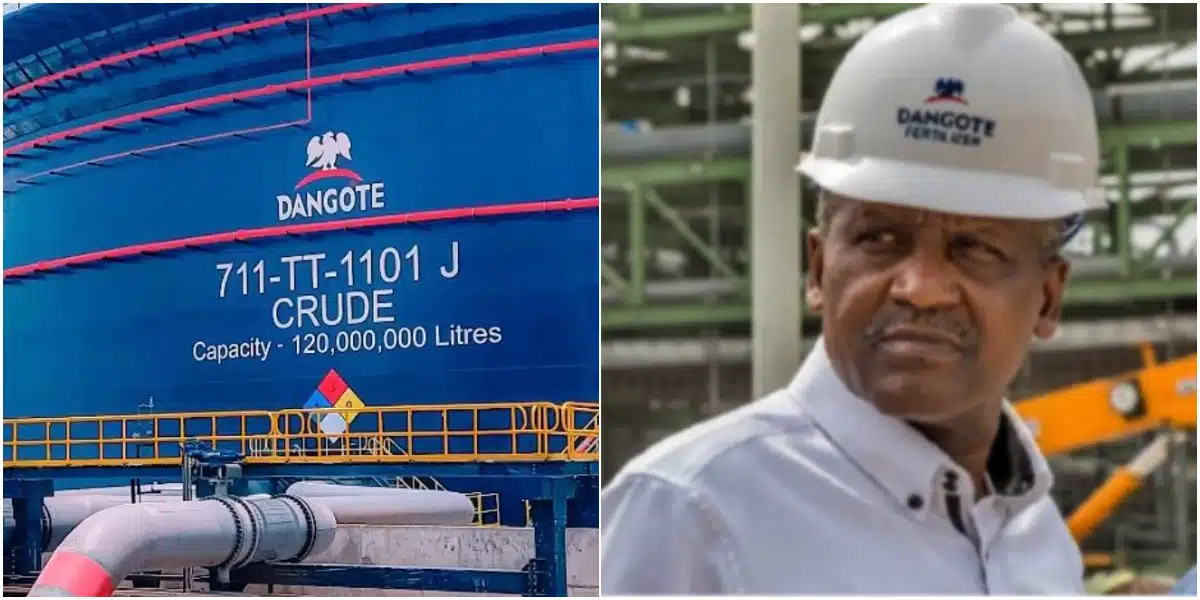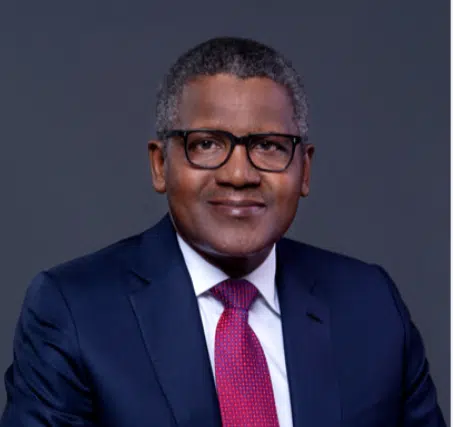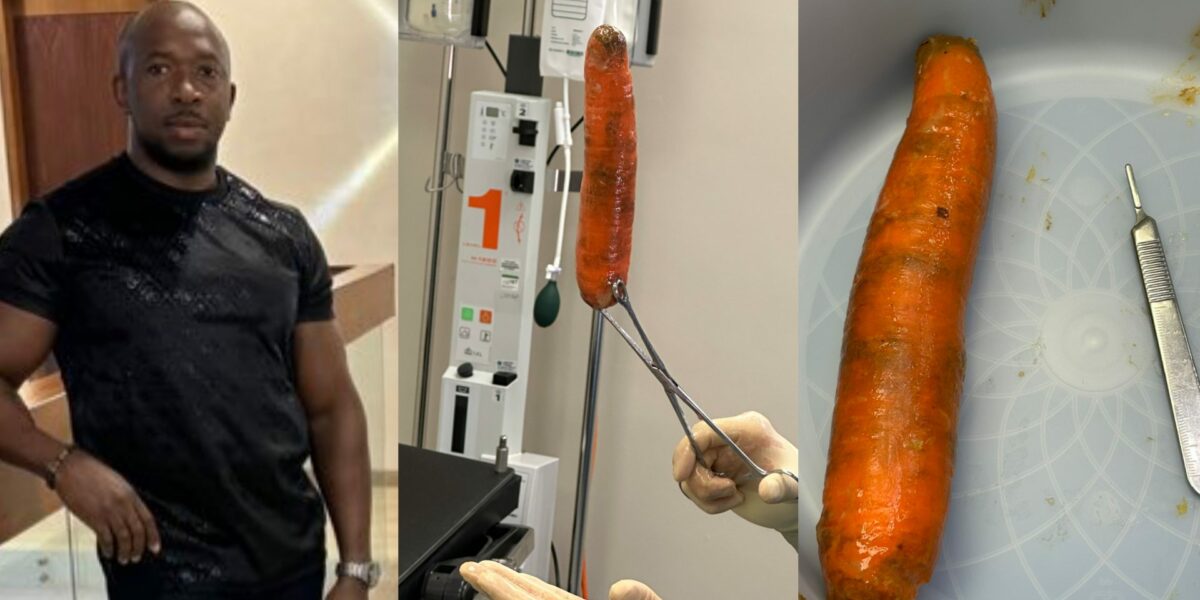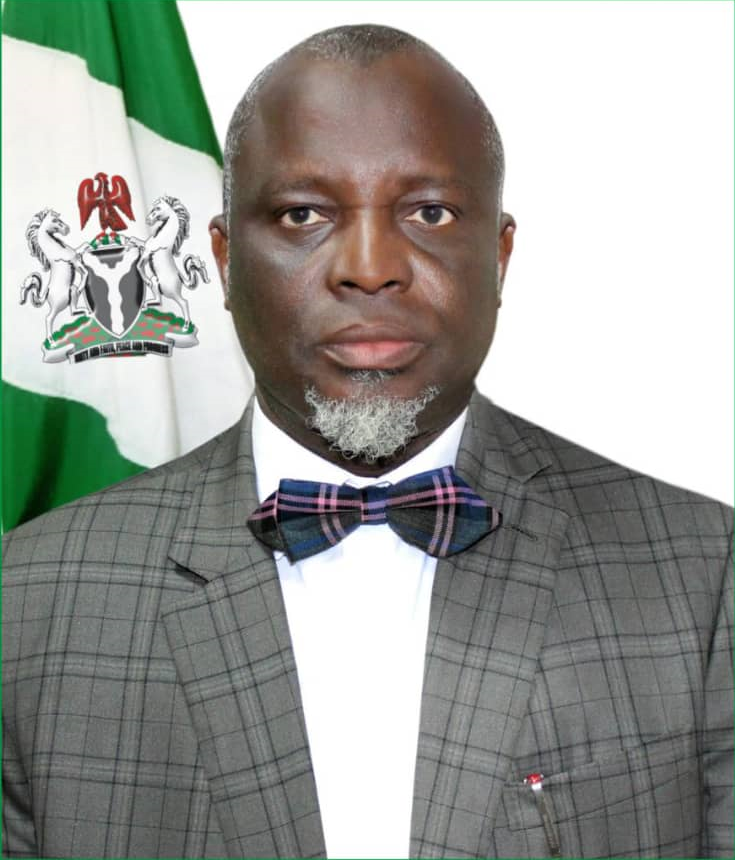
The Nigerian National Petroleum Company Limited (NNPC) is the intended buyer of the world’s largest single-train refinery, which is owned by billionaire Nigerian Aliko Dangote.
This announcement coincides with ongoing disagreements concerning the amount of sulfur contained in petroleum products produced at the refinery, as well as a purported miscommunication between the Nigeria Midstream Downstream Regulatory Authority (NMDPRA), NNPC, and the Dangote Group.
The Dangote refineries, commissioned by former President Muhammadu Buhari, represents a $20 billion investment aimed at ending Nigeria’s reliance on petrol imports and saving approximately 30% of the foreign exchange spent on such imports.

Even with these lofty objectives, the refinery has encountered many difficulties since it started running in January 2024.
The richest man in Africa, Dangote, has extended an invitation to NNPC to purchase his share of the refinery, claiming he has been wrongly called a monopolist.
“Nigeria has faced a fuel crisis since the 1970s,” Dangote said. “My refinery is poised to resolve this issue, but it seems some people are uncomfortable with that.”
The energy sector in Nigeria had great expectations for the refinery’s ability to stabilize fuel supply and lower import costs, so the billionaire’s remarks come as a blow.
Despite these hopes, the refinery has encountered obstacles, including disputes over crude oil supplies and accusations of monopolistic practices.
Dangote has lamented the difficulties in sourcing crude oil, noting that international oil companies (IOCs) are demanding exorbitant premiums and sometimes claim the product is unavailable.
Reports indicate that NNPC had delivered only 6.9 million barrels of crude oil to the refinery as of May 2023.
This shortfall has forced Dangote to consider importing crude oil from other African countries to meet the refinery’s needs.
The relationship between Dangote and NNPC has been further complicated by financial issues. By the deadline set by the Dangote Group, the NNPC, which owns a 20% equity stake in the refinery, has only paid 7.2% of its commitment.






